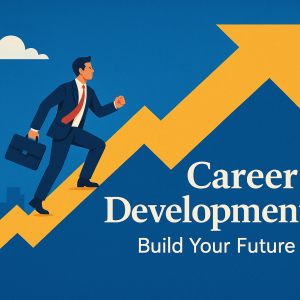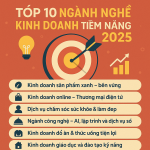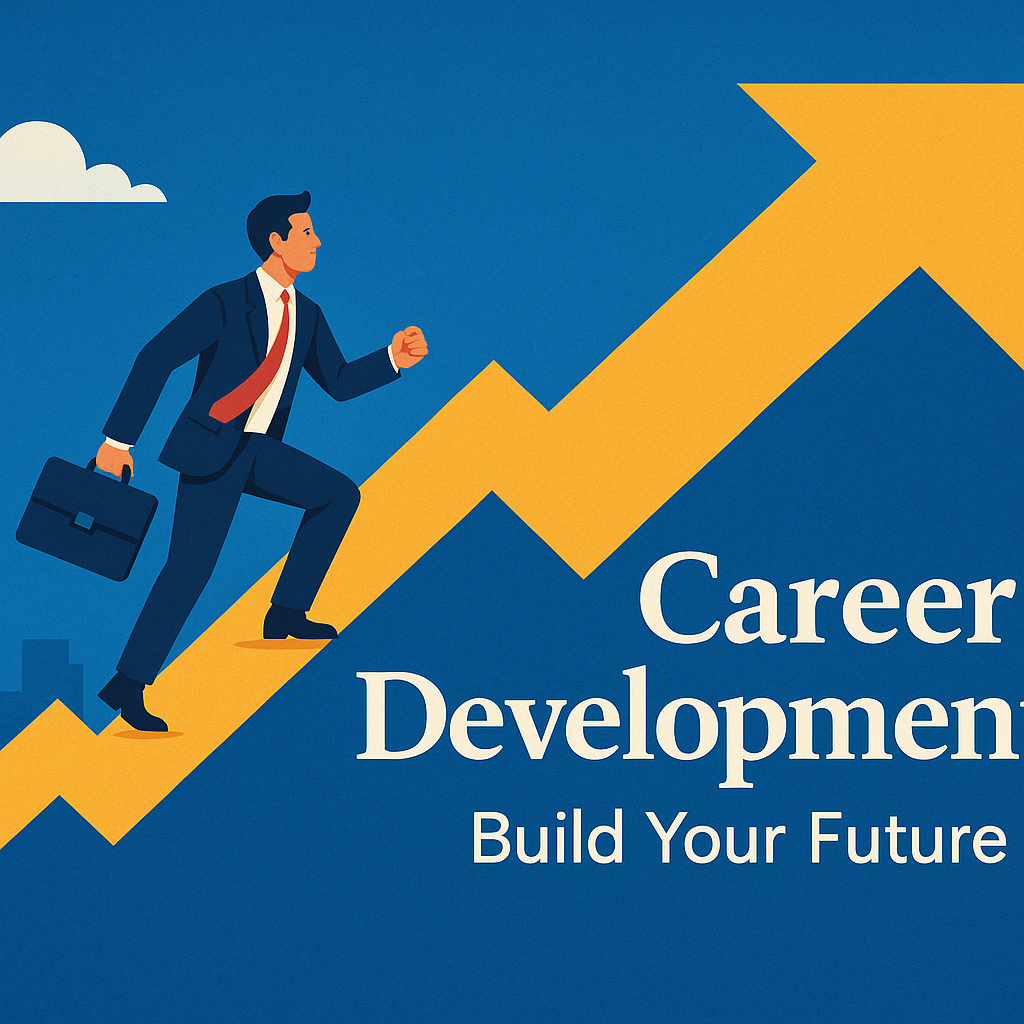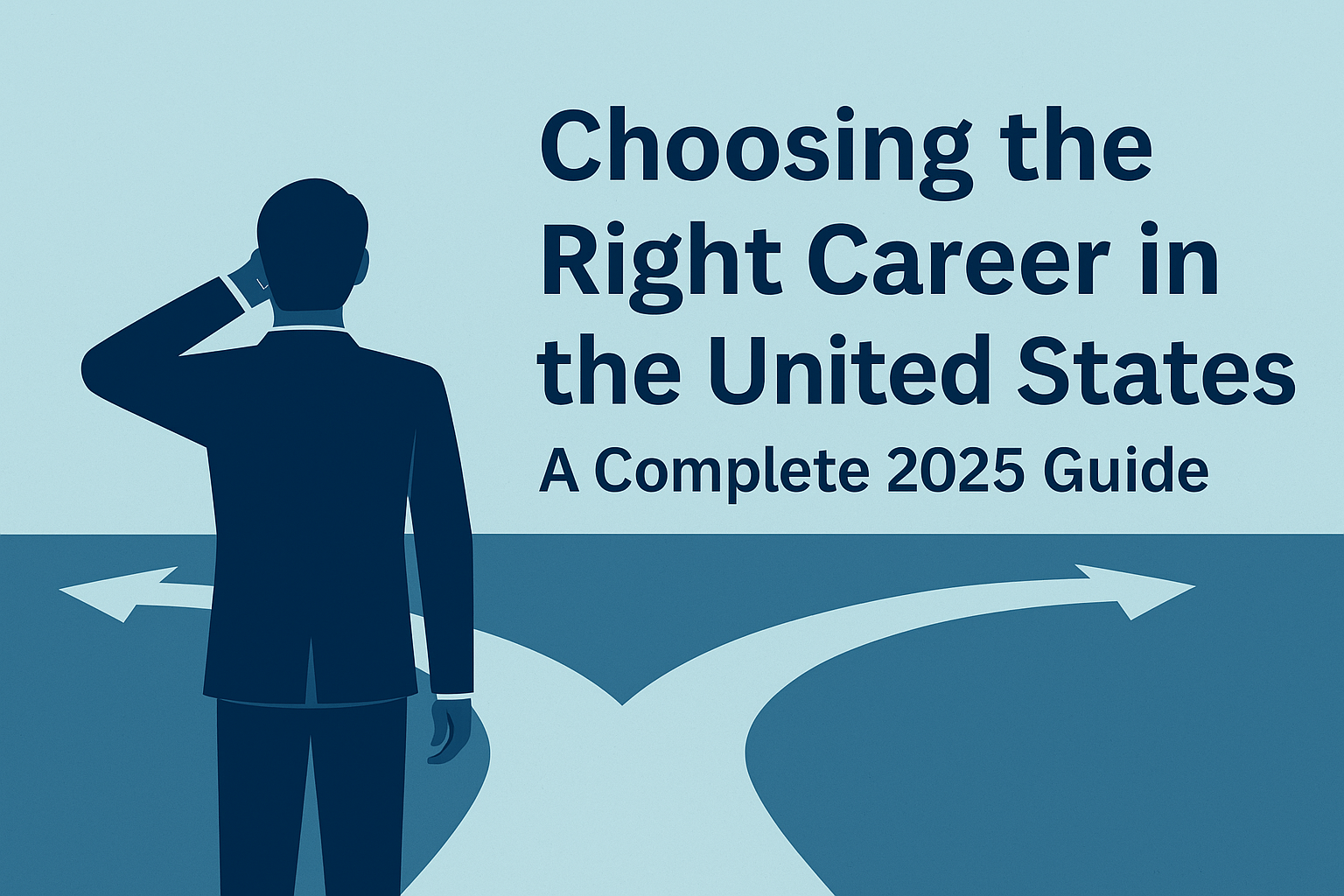Discover the ultimate guide to career development in 2025 — learn how to set goals, improve skills, and shape a fulfilling professional future.
💼 Career Development: How to Build a Successful and Meaningful Career Path in 2025
1. What Is Career Development and Why It Matters

Career development is more than just finding a job — it’s the lifelong process of improving your skills, gaining new experiences, and aligning your career goals with your personal values.
In today’s fast-paced world, technology, globalization, and AI are transforming industries at an incredible rate. The jobs that existed ten years ago may no longer be relevant today. That’s why career development isn’t optional anymore — it’s essential.
A well-planned career development strategy helps you:
-
Adapt to market changes
-
Stay competitive in your field
-
Achieve personal satisfaction
-
Build a future-proof career
Think of your career as a journey, not a destination. Every step — from learning a new skill to networking with the right people — brings you closer to success.
2. The Four Stages of Career Development
Every professional, whether just starting or already experienced, goes through four key stages:
Stage 1: Self-Assessment
The foundation of career development begins with understanding yourself. Ask questions like:
-
What am I passionate about?
-
What are my strengths and weaknesses?
-
What kind of work environment makes me thrive?
You can use tools such as the Myers-Briggs Type Indicator (MBTI) or Holland’s Career Typology to help identify your ideal career fit.
Stage 2: Goal Setting
Once you understand who you are, set SMART goals — Specific, Measurable, Achievable, Relevant, and Time-bound.
For example:
-
“I want to become a project manager in the next three years.”
-
“I will complete a data analytics certification by the end of this year.”
Stage 3: Skill Development
Learning is the bridge between where you are and where you want to be. Continuous learning through upskilling and reskilling ensures you remain valuable in the job market.
You can develop skills through:
-
Online courses (Coursera, Udemy, LinkedIn Learning)
-
Mentorship programs
-
Internships or volunteering
-
Reading industry blogs and attending webinars
Stage 4: Career Advancement
Once you’ve built your skill foundation, focus on growing within your field.
Seek opportunities for promotions, leadership roles, or even starting your own business.
The key is visibility — make sure your achievements are recognized by the right people. Build your personal brand both online (LinkedIn, portfolio websites) and offline.
See More.Discover Your Passion, Shape Your Future: Start Your Career Journey Today!
3. Top Career Development Strategies for 2025
In 2025, the career landscape is driven by technology, innovation, and adaptability. Below are proven strategies to help you stay ahead:
1️⃣ Embrace Lifelong Learning
Learning doesn’t stop after graduation. Professionals who constantly upgrade their knowledge stand out from the competition.
Tip: Dedicate at least 2–3 hours per week to learning something new in your field.
2️⃣ Build a Strong Professional Network
Networking isn’t about collecting business cards; it’s about building meaningful connections.
Join professional groups, attend webinars, or connect with mentors on LinkedIn.
A single relationship can open the door to multiple opportunities.
3️⃣ Develop Soft Skills
While technical skills get you hired, soft skills get you promoted.
Focus on improving:
-
Communication
-
Emotional intelligence
-
Problem-solving
-
Leadership
These skills are crucial in every industry.
4️⃣ Leverage Technology
Stay up-to-date with digital tools and trends in your industry. Whether it’s AI, data analytics, or digital marketing, technology shapes the future of work.
Learn to use tools that make your job easier and boost your productivity.
5️⃣ Set Clear Milestones
Don’t just have long-term goals — break them down into smaller, achievable milestones.
Celebrate each success, no matter how small. It keeps you motivated and focused.

4. The Role of Mentorship in Career Growth
Having a mentor can accelerate your career development dramatically. A mentor provides:
-
Guidance and insight from experience
-
Constructive feedback
-
Motivation during tough times
-
Networking opportunities
If you don’t have a mentor yet, look for one in your organization or online communities. Many senior professionals are willing to guide younger talent — all you have to do is ask.
5. Overcoming Common Career Development Challenges
Challenge 1: Lack of Direction
Many people feel lost or uncertain about their next career move.
Solution: Take a career assessment test or seek professional career counseling. Reflect on your values and passions.
Challenge 2: Fear of Change
Switching careers or learning new skills can be intimidating.
Solution: Start small. Take short courses or side projects to test your interest before committing fully.
Challenge 3: Burnout
Working hard without balance can lead to exhaustion.
Solution: Prioritize self-care, set boundaries, and remember — success is a marathon, not a sprint.
6. The Future of Career Development (2025 and Beyond)
The future of work is hybrid, skill-based, and digital-first.
Here’s what you can expect:
-
AI and Automation: Routine tasks will be handled by machines, meaning humans need to focus on creativity and problem-solving.
-
Gig Economy Growth: Freelancing and remote work will continue to rise, offering more flexibility.
-
Skill Over Degrees: Employers value proven skills and experience over academic titles.
To stay relevant, focus on adaptability, innovation, and continuous growth.
7. How to Create Your Personalized Career Development Plan
Here’s a step-by-step approach to designing your own plan:
-
Assess Yourself: Identify strengths, weaknesses, and passions.
-
Set Goals: Define short- and long-term objectives.
-
Identify Skills to Learn: List the skills you need for your dream job.
-
Create a Timeline: Set realistic milestones for learning and achievement.
-
Find Support: Seek mentors, peers, or career coaches.
-
Track Your Progress: Review your goals every 3–6 months.
-
Celebrate Wins: Recognize your progress to stay motivated.
8. Real-Life Example: From Employee to Entrepreneur
Take Sarah’s story as an example.
Sarah started as a marketing assistant but felt unfulfilled. She invested in learning digital marketing and content creation. After three years, she launched her own digital agency.
Her journey wasn’t linear — it required patience, learning, and networking — but her dedication to continuous career development paid off.
9. Tools and Resources for Career Development
Here are some useful tools to guide your journey:
-
LinkedIn Learning: Professional courses for every industry
-
Coursera / edX: Accredited university-level programs
-
Indeed Career Guide: Real-world advice and job trends
-
Trello / Notion: Organize your career goals visually
-
Career Explorer / 16Personalities: Self-assessment tools
10. Conclusion: Your Career Is a Lifelong Journey
Career development isn’t a one-time effort — it’s a continuous journey of learning, evolving, and growing.
Every experience, success, or failure is part of shaping the professional you’re meant to become.
If you invest in yourself today — through learning, networking, and self-awareness — you’ll not only build a successful career but also a meaningful life.
🌱 Remember: Your future is not something you find — it’s something you create.
✅ Call to Action:
👉 Ready to take your next career step?
Visit HuongNghiepTot.com for more career insights, guides, and expert advice to help you shape your professional future.










